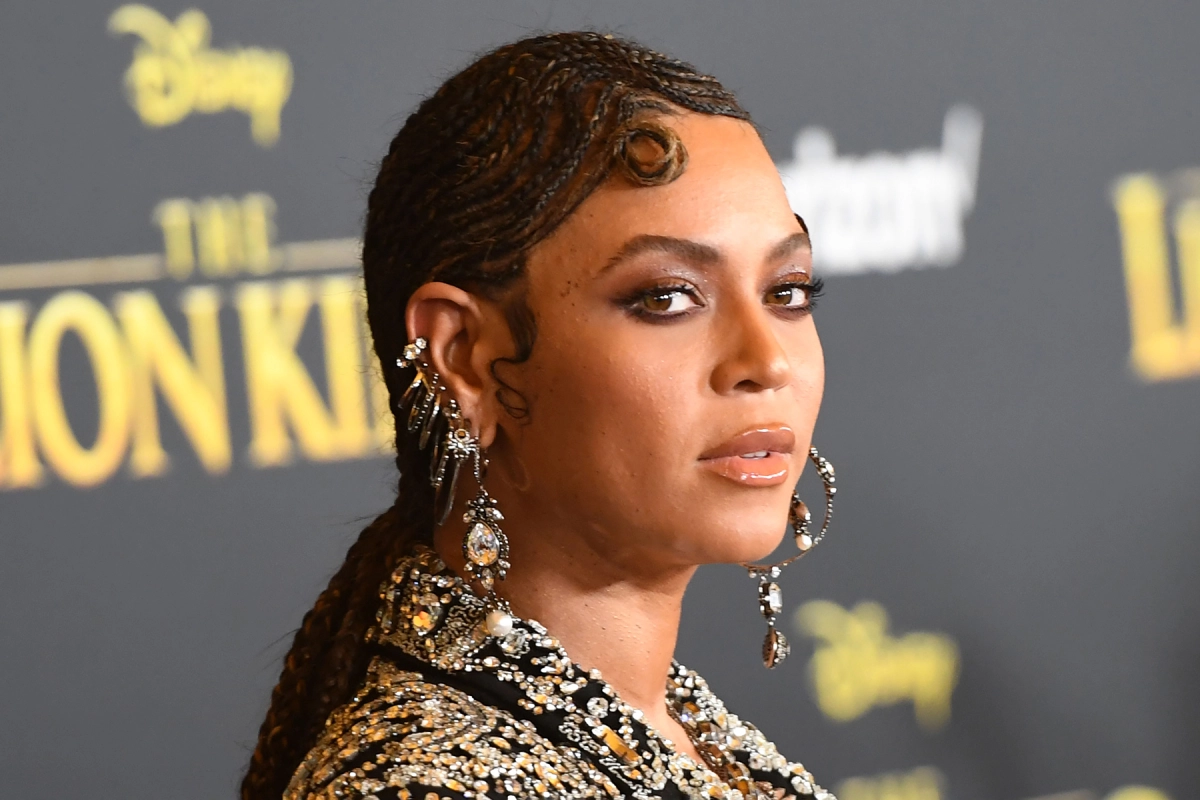From Kelis to Fox News to Diane Warren to an angry bishop to anti-ableism activists — inside the biggest controversies around Beyoncé’s ‘Renaissance’

ROBYN BECK/AFP via Getty Images
Long ago, Beyoncé decided to let her music speak for herself.
“I’m grateful I have the ability to choose what I want to share,” she told Harper’s Bazaar last year, in a brief, extremely rare interview that reads as if it may have been conducted via e-mail. “One day I decided I wanted to be like Sade and Prince. I wanted the focus to be on my music, because if my art isn’t strong enough or meaningful enough to keep people interested and inspired, then I’m in the wrong business. My music, my films, my art, my message – that should be enough.”
Accordingly, Beyoncé has hardly said a word about her excellent new album Renaissance, which hasn’t prevented its lead single, “Break My Soul,” from becoming her first Number One hit in 14 years. It also hasn’t kept the album from dominating the musical discourse for weeks, both with exegeses of its thicket of references to the history of dance music and news stories generated by the twists and turns of a seemingly unending series of controversies.
The new episode of Rolling Stone Music Now dives into the details of those controversies, while also featuring an exclusive look into the making of one of its songs via producer Hit-Boy. To hear the whole episode, which includes segments with Rolling Stone’s Mankaprr Conteh and Jeff Ihaza, listen on Apple Podcasts or Spotify, or press play above.
Points of controversy addressed in the episode include:
Activists pointed to ableist language in “Heated,” while Kelis complained about Beyoncé including an interpolation of her hit “Milkshake” without notifying her in advance; in both cases, Beyoncé responded by retroactively altering the album. In the episode, we discuss those criticisms, and the alteration itself, which changes recorded music into an endlessly iterated digital product rather than a fixed work of art – a moment anticipated by Kanye West with his famous 2016 “Ima fix wolves” tweet. Jeff Ihaza explains why such changes can feel “dystopian.“
Bishop Patrick L. Wooden Sr. said from the pulpit that he found the gospel samples in the album’s libidinous “Church Girl” sacrilegious, not long after Fox News also criticized the album’s joyously raunchy lyrics. Wooden went as far as to accuse Beyoncé of selling her “soul to the devil.” In a segment with Mankaprr Conteh, we discuss Conteh’s piece breaking down the album’s real messages, including the “distinct imagining of devotion as unconflicted by the profane” on “Church Girl,” as well as how the song can be read as a critique of religiously driven homophobia.
In an ill-advised subtweet she subsequently apologized for, songwriting legend Diane Warren asked how a single song could have 24 writers – a clear reference to “Alien Superstar” on Renaissance. “It started because we couldn’t afford certain things starting out, so we started sampling and it became an artform, a major part of the Black culture (hip-hop) in America,” frequent collaborator The-Dream shot back.
In the episode, Hit-Boy explains how he was part of the team behind Travis Scott’s “Sicko Mode,” which had even more writers credited than “Alien Superstar” – and how the credits tend to reflect multiple producers, melody writers, and lyric writers, in addition to multiple names attached to whatever samples and/or interpolations a song might use. On top of that, after Marvin Gaye’s estate successfully sued Pharrell Williams and Robin Thicke over “Blurred Lines” for merely borrowing the feel of Gaye’s “Got to Give It Up,” artists seem to be crediting what might seem like minor or disputable borrowings from older songs, for purely legal reasons.
Download and subscribe to our weekly podcast, Rolling Stone Music Now, hosted by Brian Hiatt, on Apple Podcasts or Spotify (or wherever you get your podcasts), and check out six years’ worth of episodes in the archive, including in-depth, career-spanning interviews with Bruce Springsteen, Halsey, Neil Young, Snoop Dogg, Brandi Carlile, Phoebe Bridgers, Rick Ross, Alicia Keys, the National, Ice Cube, Robert Plant, Dua Lipa, Questlove, Killer Mike, Julian Casablancas, Sheryl Crow, Johnny Marr, Scott Weiland, Liam Gallagher, Alice Cooper, Fleetwood Mac, Elvis Costello, John Legend, Donald Fagen, Phil Collins, Justin Townes Earle, Stephen Malkmus, Sebastian Bach, Tom Petty, Eddie Van Halen, Kelly Clarkson, Pete Townshend, Bob Seger, the Zombies, Gary Clark Jr., and many others — plus dozens of episodes featuring genre-spanning discussions, debates, and explainers with Rolling Stone’s critics and reporters.
From Rolling Stone US.
The superstar band's sixth album emphasizes their vulnerable side, with some help from A-list friends
The decision “didn’t happen overnight,” the frontman told Zane Lowe in a new interview
The musicians appeared on The Graham Norton Show, where Foo Fighters performed “Your Favorite Toy”
From globe-trotting techno insiders to homegrown disruptors, Kappa Cultr 2026 transforms Kochi’s Bolgatty Palace into…
Welcome to the debrief of the internet’s most unhinged moments of the month
Streaming platform JioSaavn has revealed the winners of its second annual India Superhits Awards across…